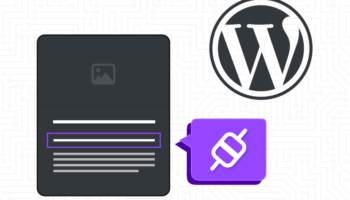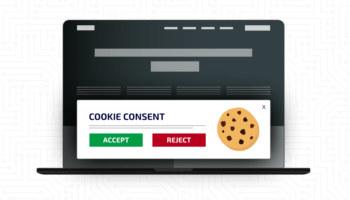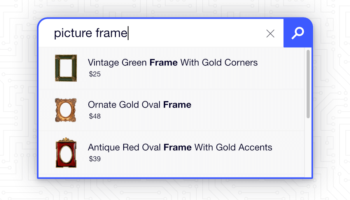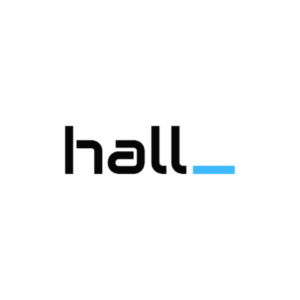As of today, the majority of businesses advertising on Facebook are collecting consumer data through a third-party cookie known as the Facebook pixel. With the recent changes in data protection and Apple’s iOS 14 update, the Facebook pixel will start losing its effectiveness, causing campaign performance to suffer. Here are a few examples of how your Facebook Business account will be affected:
- Remarketing audience sizes will likely decrease
- Conversion events will be limited
- Attribution setting changes will reduce the number of reported conversion events
As a solution, Facebook has developed a new tool for businesses to track and connect consumer behavior data to their Facebook ad accounts. This new tracking method is called the Conversions API (otherwise known as Server Side API) which allows businesses to send data and events from their servers back to Facebook’s server, rather than the original pixel that sends data from web browsers to Facebook’s server. The Conversions API events are also processed just like the browser pixel events, meaning conversion events are used in measurement, reporting, and optimization in the same way as browser pixel events.
Benefits of the Conversions API
The Conversions API is a more reliable way to track consumer behavior when compared to the pixel. It gives you more control over what data is shared, and strengthens the data you share with Facebook. Since it’s collecting data straight from your server, it will be less susceptible to issues that may affect conversion data, such as browser crashes, connectivity issues, or long page load times. This means you will likely receive more insights about your consumers and events—insights that the pixel may not be able to capture.
One of the greatest benefits of the API is the ability to track off-site conversions, such as phone calls or in-store purchases. By implementing the Conversions API, businesses can improve their ROAS by improving the visibility of customer actions and conversions. Managing data through this centralized place will help brands save time and reduce duplicated tracking efforts, resulting in more efficient marketing endeavors.
Utilizing the Conversions API and Pixel Together
The Facebook pixel isn’t going away anytime soon, but we can assume this type of data collection will eventually be rendered obsolete. For now, I would suggest that businesses use both of these Facebook tracking methods together while the pixel is still available. This is because the Conversions API can only track the end points of the customer journey, so the upper and middle parts of the funnel, such as add to cart, initiate checkout, add payment method, content views, etc. are going to be unknown without the help of the Facebook pixel. In order to maximize campaign performance, it will be vital to have both the API and pixel implemented for your ad accounts.
The Future of Facebook Consumer Tracking
As a way to stay ahead of the game, I recommend that businesses implement the Conversions API now so you can start experimenting on how this new way of tracking can benefit your Facebook ad campaigns. Given the uncertainty around the future of web browser tracking, it’s probably best to try it out now before it becomes the new norm.





